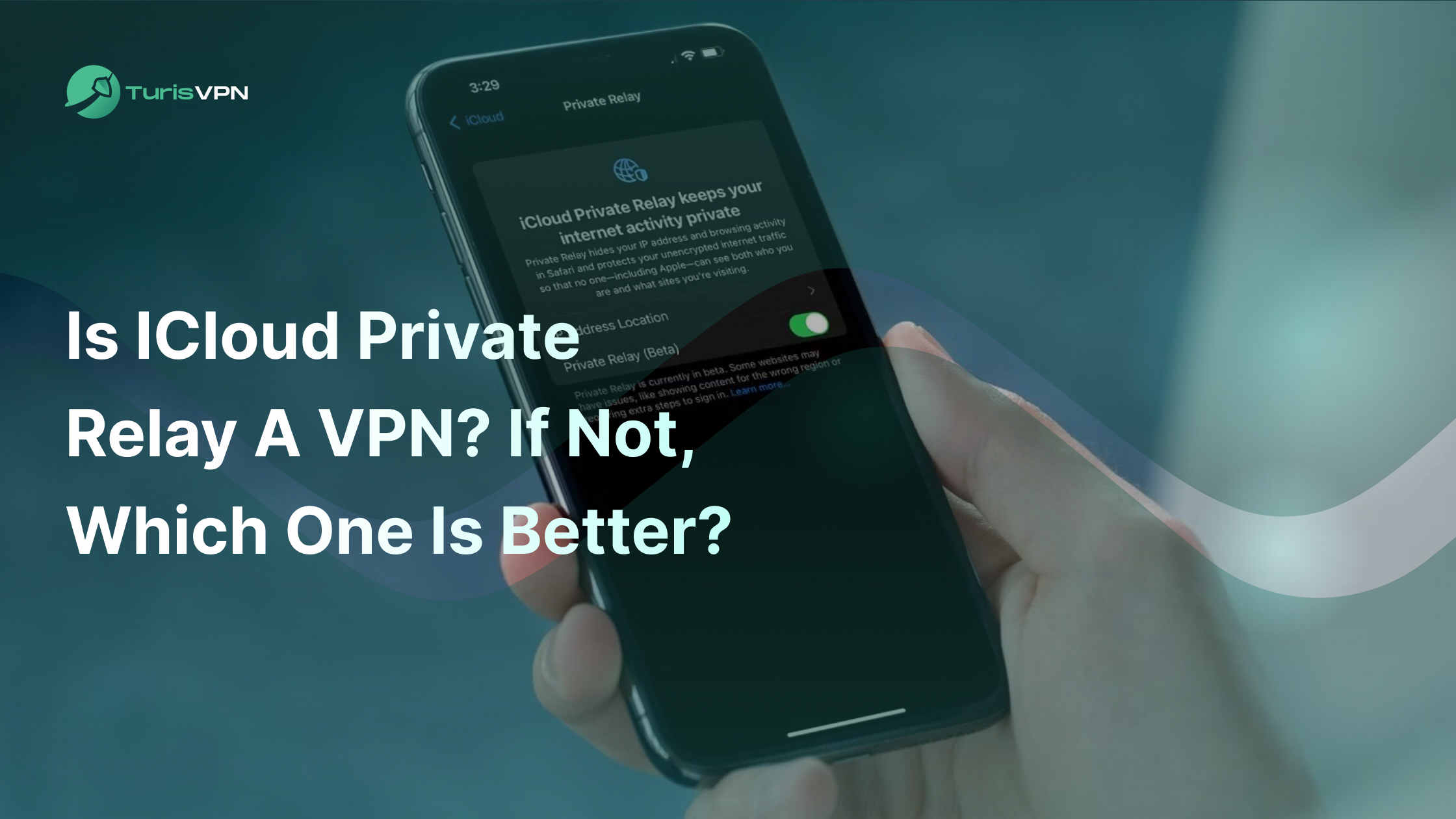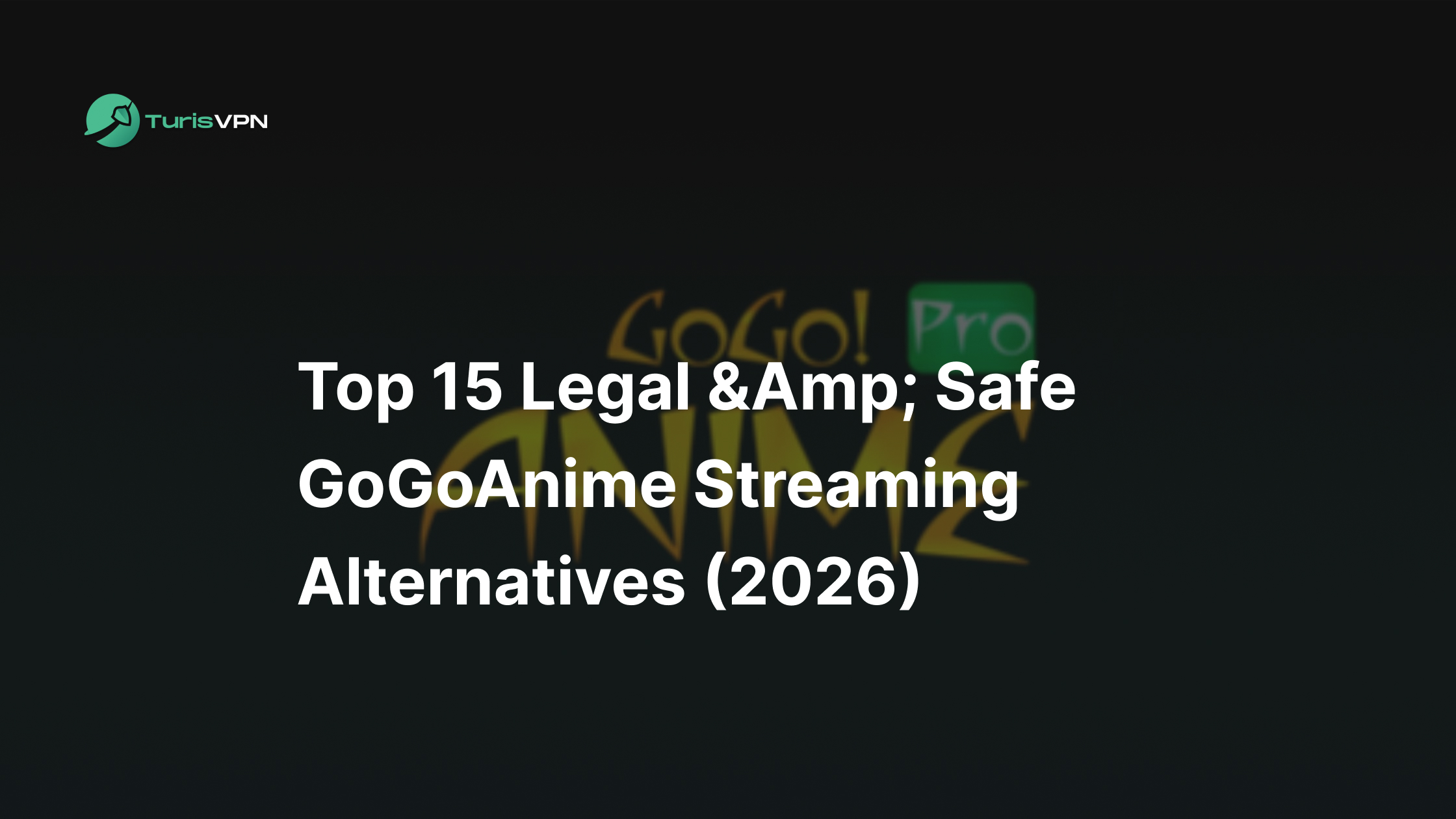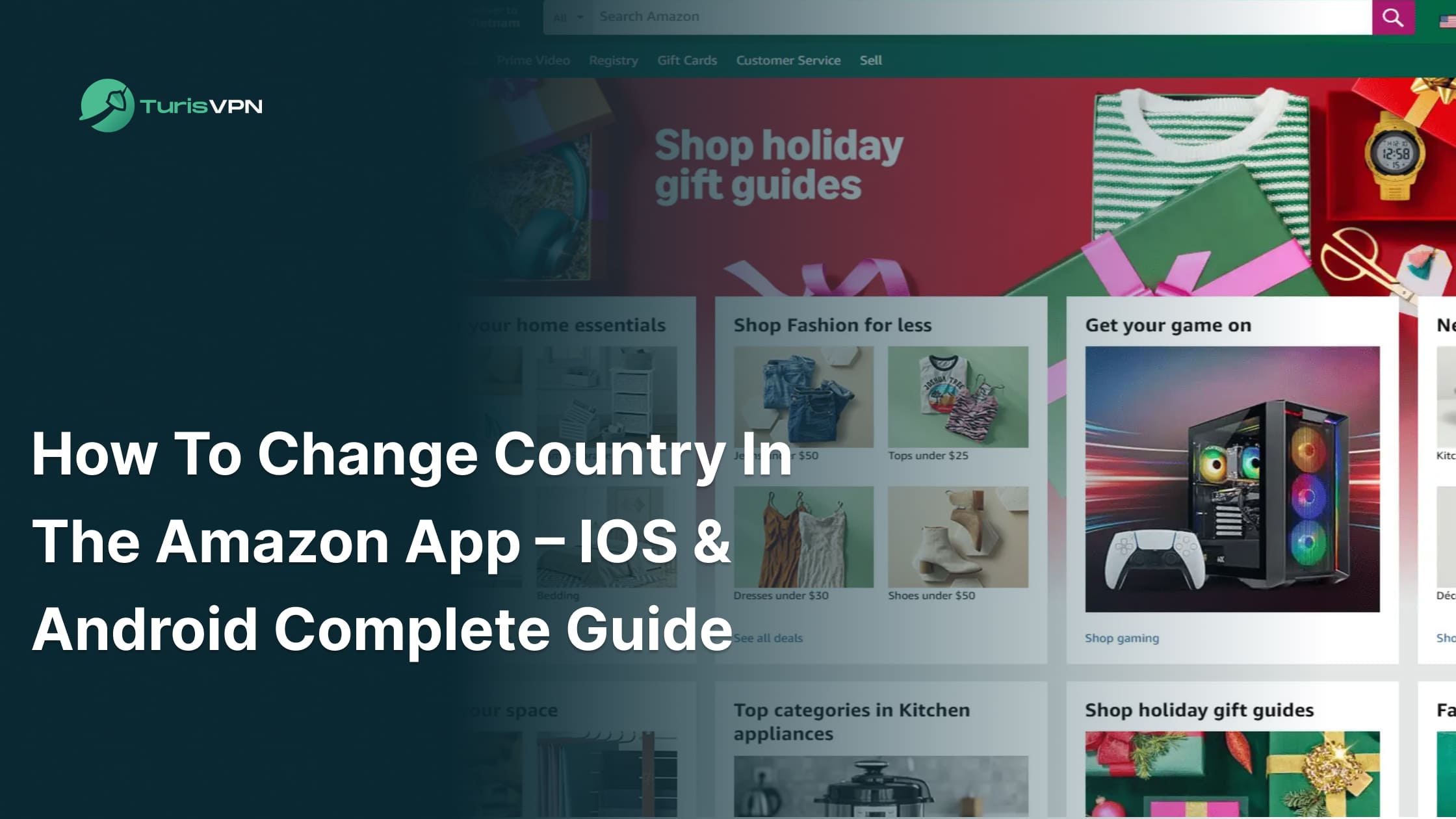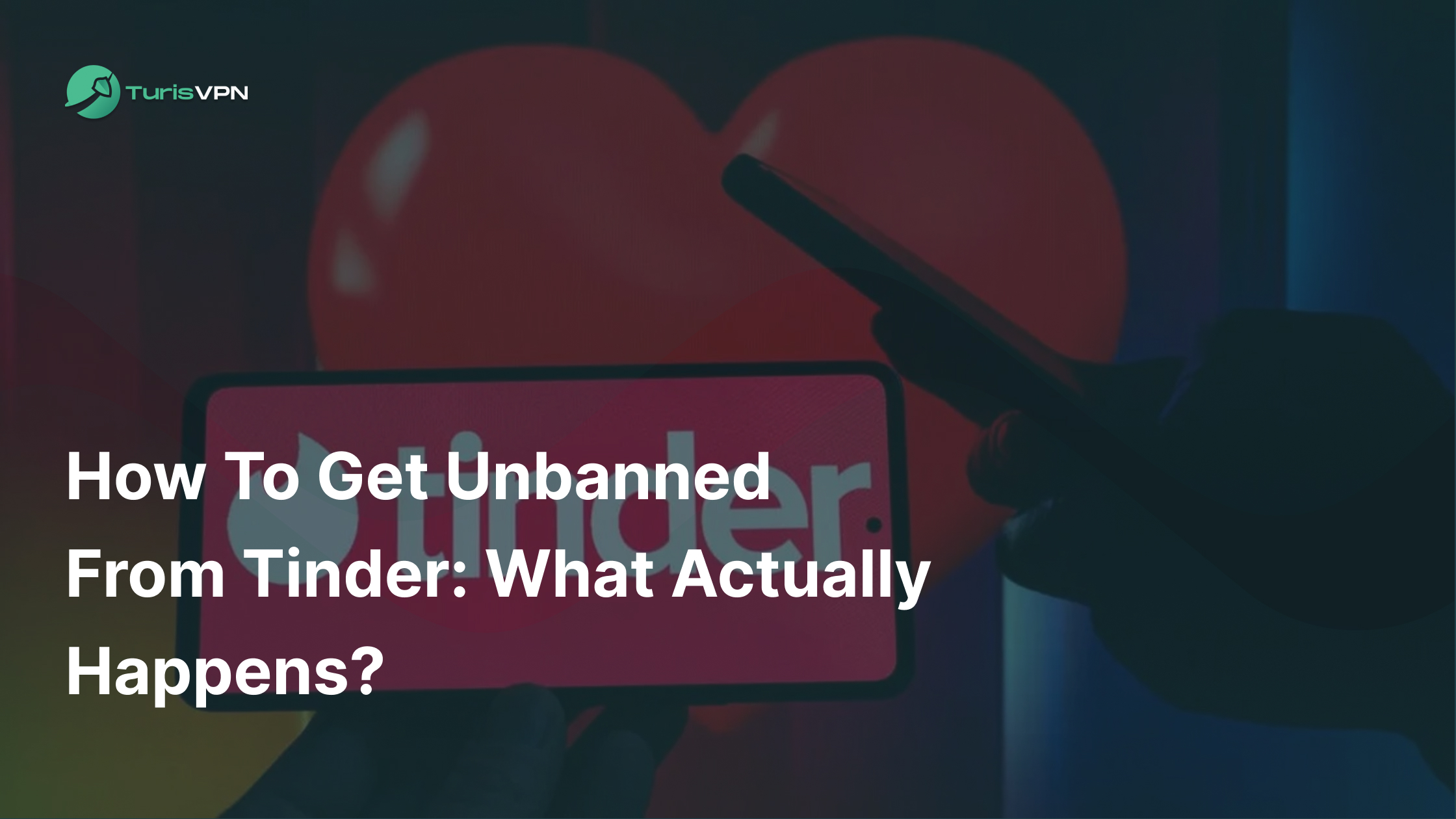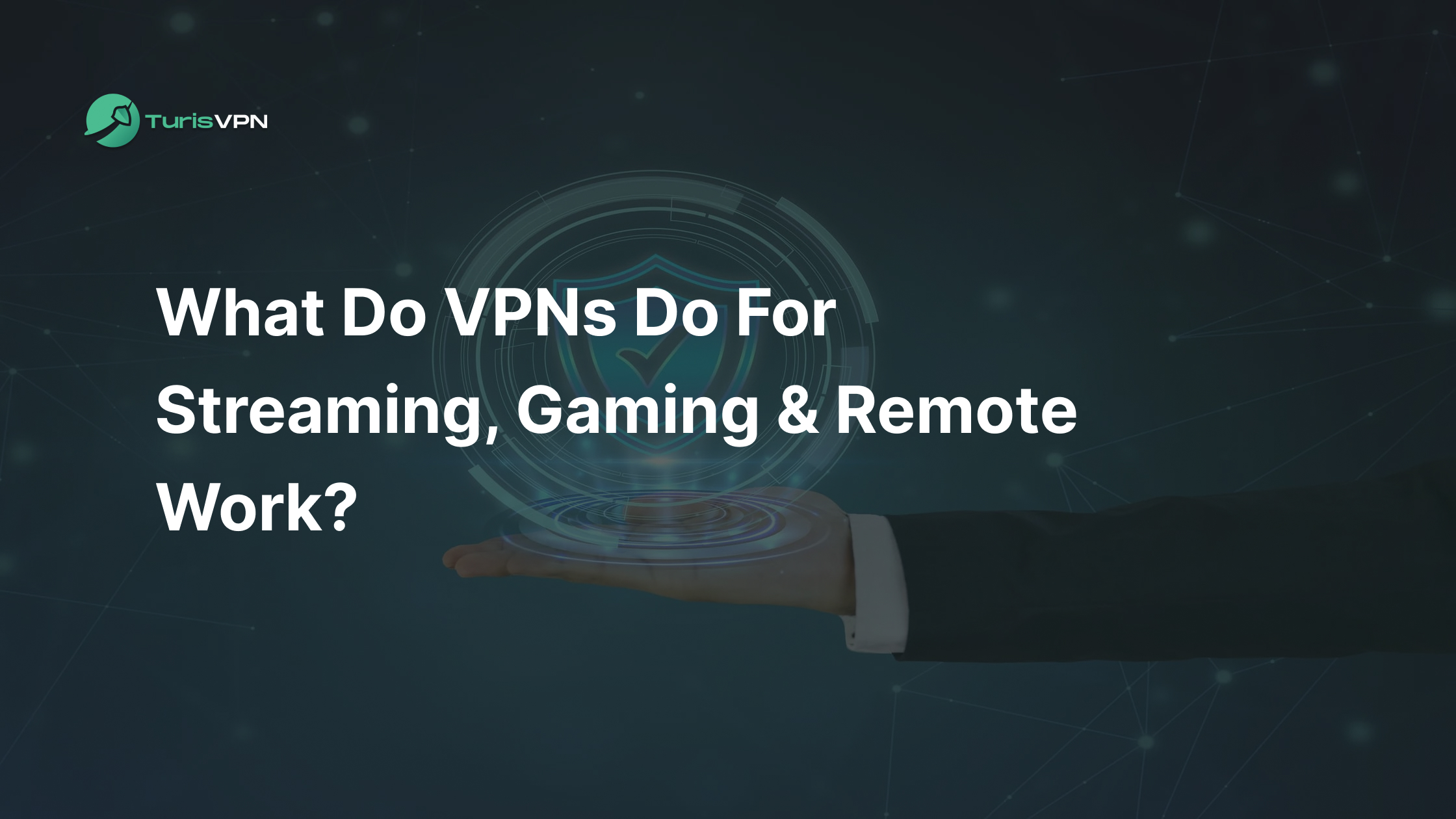iCloud Private Relay and VPNs both aim to hide your IP address and encrypt online traffic, but they are not the same thing.
Apple introduced iCloud Private Relay at the Worldwide Developer Conference in June 2021 as part of the iCloud+ service for users with paid iCloud subscriptions. This feature enhances security in Safari by encrypting traffic and masking IP addresses.
So, is iCloud Private Relay a VPN? In this blog, we’ll explore the key differences between iCloud Private Relay and VPNs, and help you understand which one is better for your needs.
Key Takeaways
- Introduced with iOS 15 in 2021, iCloud Private Relay is available on iPhones, iPads, and Macs.
- iCloud Private Relay hides your IP address and encrypts Safari browsing.
- You can enable it in the iCloud settings on your iPhone.
- Unlike VPNs, it only works with Safari and offers limited protection.
What Is iCloud Private Relay? And Where Is It on Iphone?
iCloud Private Relay is an extra feature available within the iCloud+ subscription plan. It enhances your online privacy by hiding your IP address and encrypting your Safari browsing activity. This is done by routing your internet traffic through two relay servers—one operated by Apple and the other by a third-party provider.
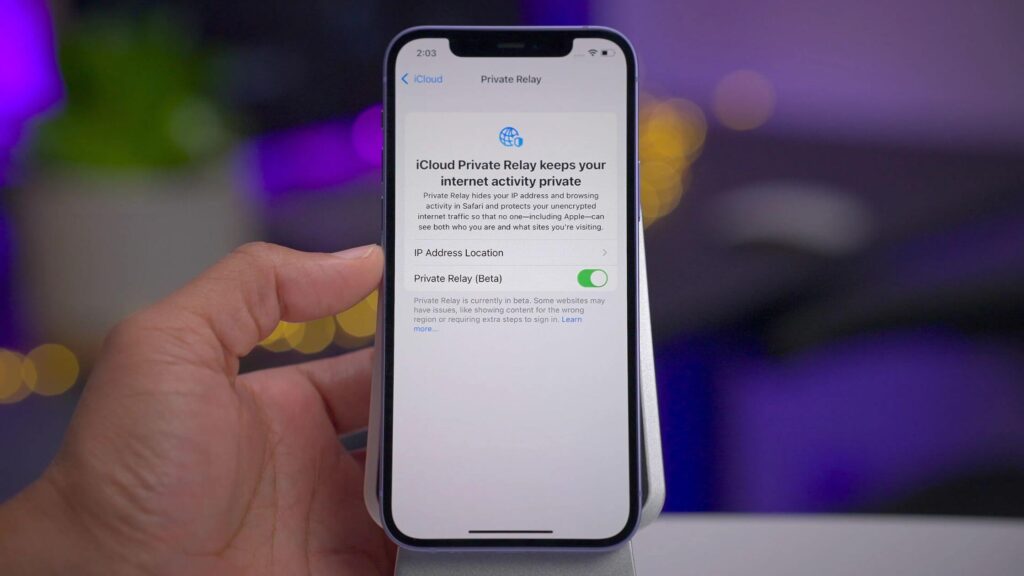
Apple introduced iCloud Private Relay with the iOS 15 update in 2021. It’s available to iCloud+ subscribers on iPad, iPhone, and Mac.
How to Find iCloud Private Relay on iPhone:
- Open Settings: Unlock your iPhone and tap on the Settings app.
- At the top of the Settings menu, tap on your name to access your Apple ID settings.
- In the Apple ID menu, tap on “iCloud.”
- Choose Private Relay: Scroll down to find and tap on “Private Relay.”
- Turn On Private Relay: Toggle the switch to turn on iCloud Private Relay.
By enabling iCloud Private Relay, you can browse the web more securely and privately, knowing that your IP address and online activity are hidden from prying eyes.
How Does iCloud Private Relay Work?
iCloud Private Relay is designed to keep your online activity private and secure by routing your browsing data through two separate internet relays. Here’s a step-by-step look at how it works:
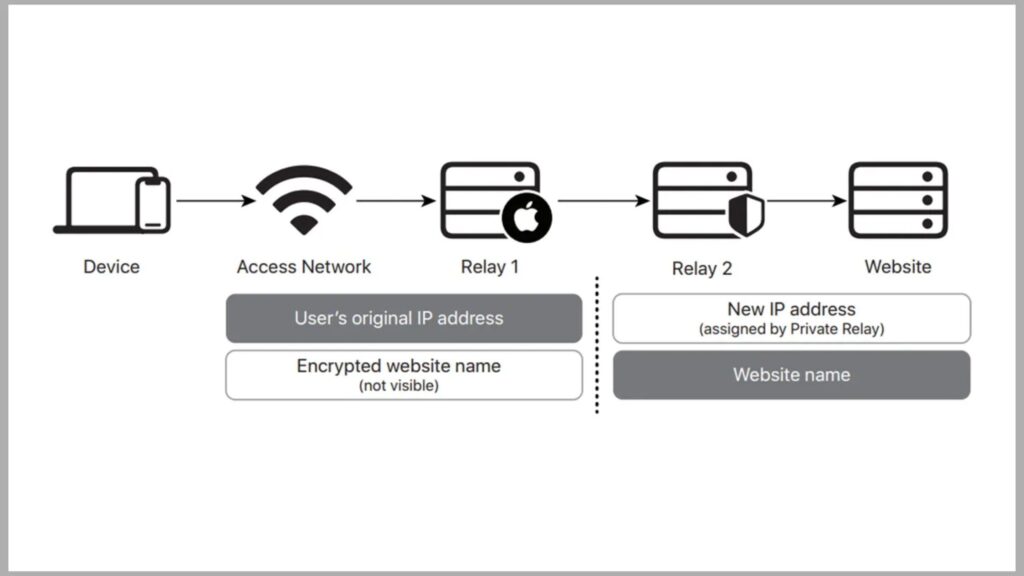
First Relay (Apple Server)
When you enable Private Relay, all your browsing activity in Safari is first encrypted. This encrypted data is then sent to an Apple server.
At this stage, your Internet Service Provider (ISP) cannot see any of your web browsing activity because it’s encrypted before it even reaches the first server.
At Apple’s proxy server, your DNS (Domain Name System) request (which is your request to access a website) and your device’s IP address are separated.
Apple can see your IP address but cannot see the DNS request, meaning they don’t know which websites you are trying to access.
Second Relay (Third-Party Server)
The encrypted DNS request is then sent to a second relay operated by a third-party partner of Apple.
The third-party server generates a temporary IP address for your device. This masks your real IP address, ensuring that the websites you visit cannot trace your actual location or identity.
The third-party server decrypts the DNS request and forwards it to the intended website from the new temporary IP address. This means the website knows what you want to access but not who you are.
Using iCloud Private Relay can help your online activity become much harder to track, enhancing your privacy and security when browsing the web with Safari.
Is iCloud Private Relay a VPN? 5 Differences Between Them
While iCloud Private Relay shares some similarities with a VPN, such as masking your IP address and encrypting your internet traffic, it is not a VPN. Private Relay’s features are more limited compared to the comprehensive security and privacy features offered by a VPN.
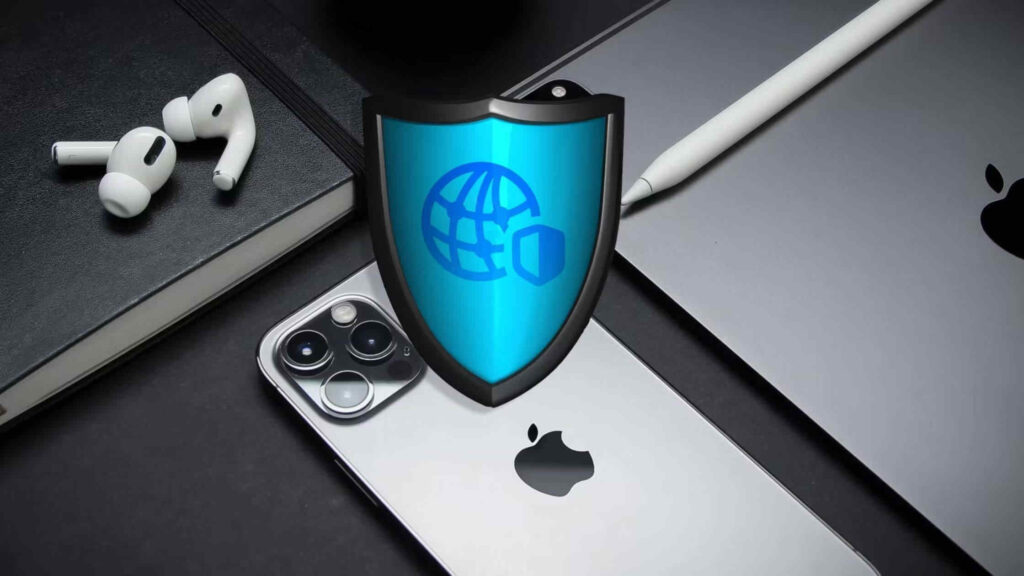
Here are five key differences between iCloud Private Relay and a VPN:
1. Device Compatibility
- iCloud Private Relay: This service is exclusive to Apple devices. It is only available on iPhones, iPads, and Macs for users who subscribe to iCloud+. You can turn it on within your iCloud settings.
- VPN: VPNs are available on a wide range of devices and operating systems, including Android, Windows, and various smart devices. They provide cross-platform compatibility, making them more versatile.
2. Scope of Protection
- iCloud Private Relay: It only works with Safari, Apple’s web browser. This means that your online activity within apps like Instagram, TikTok, or any other browser such as Chrome does not get the same protection.
- VPN: A VPN routes all of your internet traffic through secure servers, covering all applications and browsers on your device. This ensures comprehensive protection regardless of how you access the internet.
3. Level of Anonymity
- iCloud Private Relay: While it hides your IP address and encrypts your traffic, it does not fully shield your browsing habits. Accepting cookies can still lead to tracking, and sophisticated IT admins can isolate and block the proxy traffic.
- VPN: VPNs provide more strong anonymity by obfuscating your traffic through multiple servers, making it much harder to trace. They also offer features like no-log policies, ensuring that even the VPN provider does not keep records of your activity.
4. Number of Relays
- iCloud Private Relay: It uses only two relays to cover your traffic – one run by Apple and the other by a third-party provider. This dual-hop approach is less comprehensive compared to traditional VPNs.
- VPN: VPNs often route your traffic through multiple hops, providing an extra layer of security by connecting you to a series of servers before reaching your destination. This makes it more difficult for anyone to trace your online activity.
5. Geolocation Options
- iCloud Private Relay: It does not allow you to choose your geolocation. You can only maintain a general location or use the country and time zone setting.
- VPN: VPNs allow you to select from a wide range of server locations around the world. This enables you to bypass geo-restrictions and access content available in specific countries.
Here is a table help you quickly compare iCloud Private Relay and VPN:
| Aspect | iCloud Private Relay | VPN |
| Device Compatibility | Apple devices only (iPhone, iPad, Mac) | Available on various devices and operating systems |
| Scope of Protection | Works only with Safari | Covers all apps and browsers |
| Level of Anonymity | Hides IP, encrypts traffic, but doesn’t fully shield | Stronger anonymity with no-log policies and multiple servers |
| Number of Relays | Uses two relays (Apple and a third-party provider) | Routes through multiple servers for extra security |
| Geolocation Options | Cannot choose geolocation, limited to general location | Wide range of server locations to bypass geo-restrictions |
Why Continue Using Private Relay? Advantages and Disadvantages
iCloud Private Relay remains an intriguing service for many Apple users due to its ability to offer more private browsing. While it may not be as strong as a VPN, it still provides added protection for your browsing habits, particularly in Safari.
Coupled with an effective ad-blocking Safari extension and a refusal to accept tracking cookies, Private Relay can help tailor your browsing and data-sharing habits.
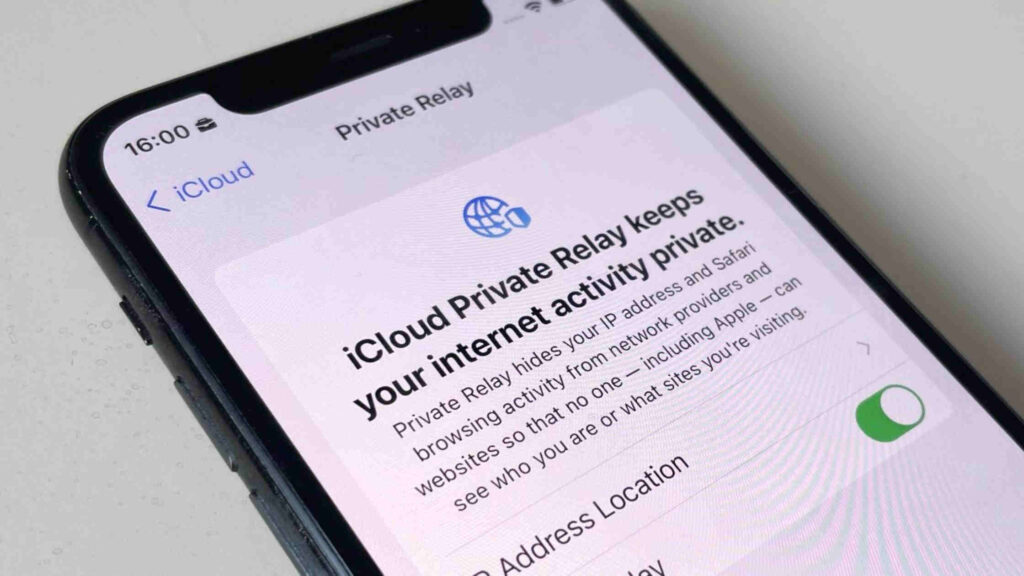
iCloud Private Relay offers added privacy for Apple users, particularly when browsing in Safari. While it’s not as comprehensive as a VPN, it has some useful features.
Pros of iCloud Private Relay
- Synchronizes across all Apple devices with the same iCloud account.
- Comes at no extra cost for iCloud+ subscribers.
- Simple to turn on through iCloud settings, no complex setup needed.
Cons of iCloud Private Relay
- Only works on iOS devices, not on Android or Windows.
- Protects only Safari browsing, not other browsers.
- Restricted or limited in some countries.
- No kill switch or split tunneling like VPNs.
- Cannot choose specific server locations, limited to general or country-level options.
- Logs minimal data which could potentially be accessed by governments.
- Encryption standards used are not disclosed.
- Only available to paying iCloud+ subscribers.
To Protect Your Digital Footprint on an iPhone, Which One Is Better: VPN or iCloud Private Relay?
While iCloud Private Relay offers some privacy benefits, it falls short of providing the comprehensive security and flexibility that a VPN offers. Private Relay is a good starting point for privacy-conscious Apple users, but for those seeking stronger and more versatile protection, a VPN is the superior choice.
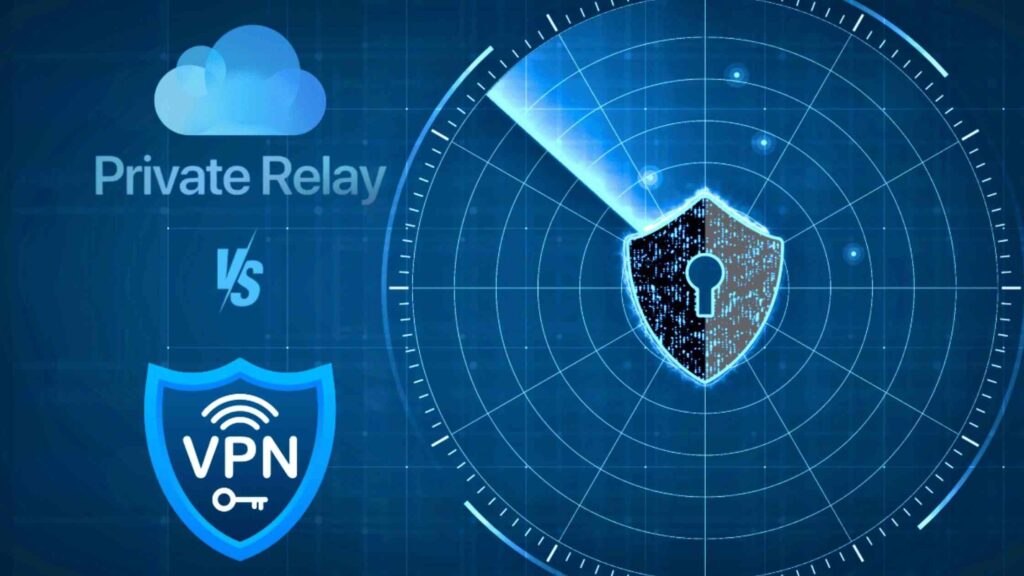
iCloud Private Relay only works with Safari, lacks advanced security features like a kill switch and split tunneling, and has limited geolocation options. Additionally, it logs minimal user data, which could potentially be accessed by third parties.
TurisVPN, on the other hand, provides comprehensive protection for all internet traffic across multiple platforms, not just Safari. It offers advanced security features, a strict no-logs policy, extensive geolocation options, and enhanced privacy, especially on public Wi-Fi networks. For robust and versatile privacy protection, TurisVPN is the superior choice.
Bottom Line
While iCloud Private Relay offers some privacy benefits, is iCloud Private Relay a VPN? The answer is no, it’s not a full VPN.
For complete device protection, advanced security, and greater flexibility, TurisVPN is the better choice. Whether you’re using multiple devices or need to access content from different regions, TurisVPN ensures your online activities are secure and private, making it the superior option for tech-savvy users.
